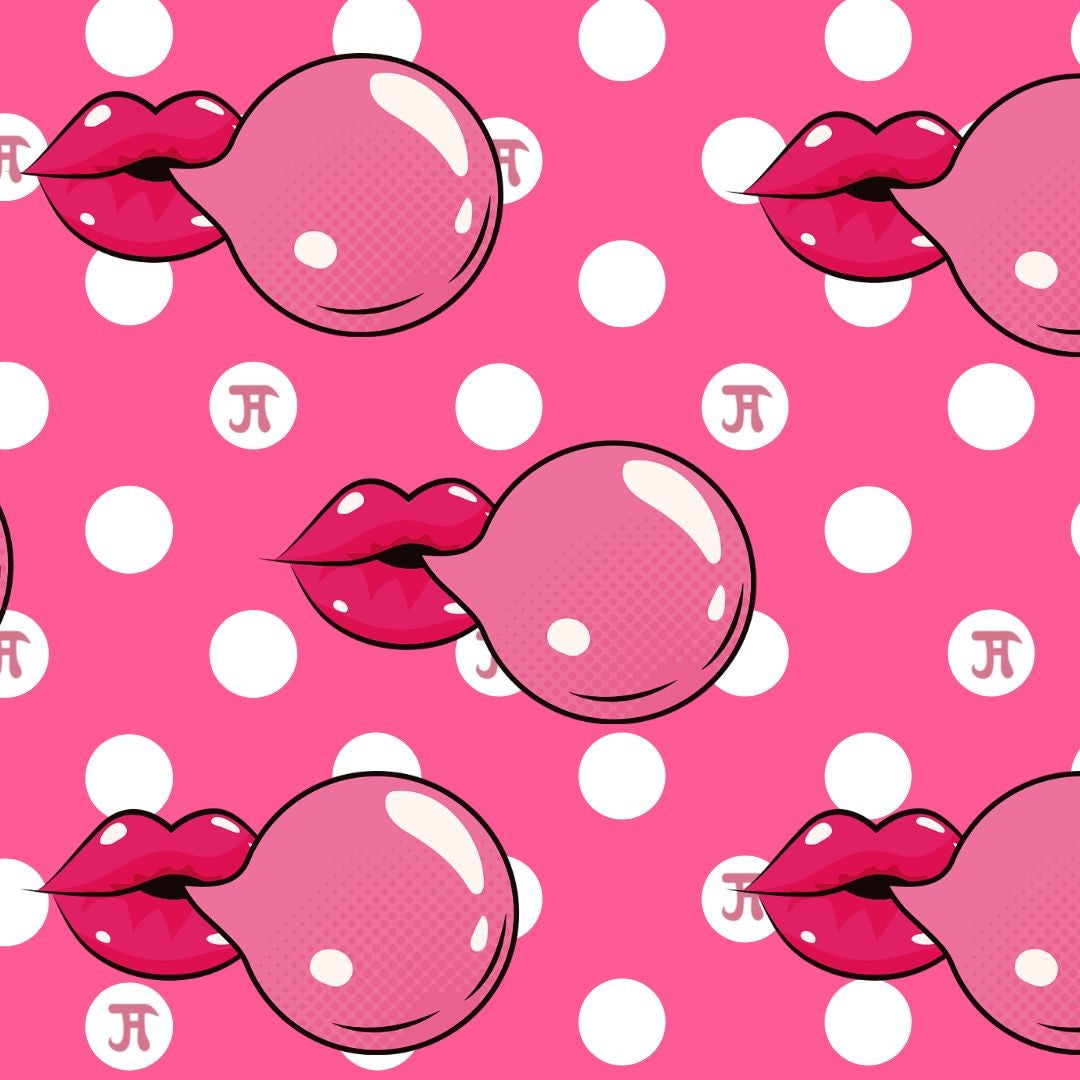Welcome (or welcome back) to our blog! Recently, we began answering questions on Quora and guess what the NUMBER ONE most asked question is: WHY are my periods so irregular? Is this normal? AM I normal? The quick answer is YES, you are definitely normal, and GOOD FOR YOU for investigating the possible cause, as so many women go for months without a period (or have continuous ones) and ignore this…until it’s too late. Your body is maybe trying to tell you something, it’s important to listen!

Who else is going through this???
Would you be surprised to know that ONLY 13% of women have a regular cycle of 28 days? That’s right! A woman’s body is not a computer. Add to this that your body is experiencing so much more than just ovulation each month, you have many organs working hard for you, and they also can affect your cycle. The list of reasons why a woman has an irregular cycle is long; however, we have narrowed it down to the Top TEN. We hope this article will help answer your questions. Remember, you should go for yearly visits to your gynecologist. (Make sure to use a tracking app, this will help your Doc see a pattern)

-
Puberty
Nothing is more normal than irregular cycles for a young girl who has just had her first period. Because hormone levels fluctuate so much during puberty, teens tend to have longer or shorter menstrual cycles. A young girl's menstrual cycle can even take up to FIVE years to become steady and regular.

-
Weight excess
An overweight woman will produce too much estrogen, which tends to cause irregular, heavy, and very long periods, often lasting more than a week. Add to this, the prolonged menstruation can also cause a risk of endometriosis (painful disorder in which tissue similar to the tissue that normally lines the inside of your uterus, the endometrium, grows outside your uterus), and even cancer of the endometrium, the lining that lines the lining of the uterus. Doctors will often prescribe oral contraceptives to thin out the endometrium and reduce these risks.

3. Endometriosis
As explained (in no2), endometriosis happens when tissue similar to the lining of the uterus (womb) grows outside of the uterus. More than 11% of American women between 15 and 44 are affected. This will cause women to experience abdominal pain, cramping, pain during intercourse and irregular periods. Sometimes symptoms are so intense that the woman will feel like she is having consecutive menstruations. If you suffer from these symptoms, go to a gynecologist who will order a pelvic MRI or a laparoscopy to offer a proper diagnosis. If you have endometriosis, your doctor may prescribe will a suitable an oral hormone, or surgery, depending on the severity of the situation.

-
Sleep deprivation

-
Intense exercise

-
Overactive or underactive thyroid
One in eight women will develop thyroid problems during her lifetime. The thyroid is a hormone regulator in the body. When the thyroid is off, so are the periods. Irregular menstrual cycles can be caused by hypothyroidism or hyperthyroidism. If you’re always cold, constipated, constantly tired, have a very heavy period, pale skin, puffy face, slow heart rate, have gained an unusually large amount of weight in a few weeks’ time, you may have hypothyroidism. (Underactive thyroid). On the other hand, people with hyperthyroidism (overactive thyroid) tend to feel very irritable, suffer from unexplained weight loss, often feel hot, have swollen eyes, diarrhea, insomnia, and fast beating heart. If you think you may thyroid problem, go to an endocrinologist who will prescribe the appropriate treatment.

7. Uterine fibroids
These are benign tumors that develop on the lining of the uterus. This can be caused either by a genetic predisposition or a hormonal disruption. Uterine fibroids can cause very heavy and frequent bleeding, as well as menstrual discharges. Women with uterine fibroids will feel a pressure on their pelvis, with the constant urge to urinate, lower back pains, and pain during sex. Doctor will investigate through a pelvic ultrasound or an MRI. If the fibroid is really very large, surgery may be necessary. This is why it’s so important to see a doctor when you notice that your cycles are irregular, when your bleeding is too heavy, or when you experience pelvic pain.

-
Hormone therapy
Thyroid medications, steroids, or antipsychotics, (which release dopamine), can disrupt the hormone receptors, and therefore, affect cycles. If you are regularly late or a week early, talk to your gynecologist and the doctor who prescribed the meds, to find the best suitable combination that is right for you.

9. Micropolycystic ovaries (PCOS)
Symptoms of PCOS include abnormally spaced periods (between 6 weeks and 2,5 months between two cycles), as well as excessive hairiness and acne. PCOS is one of the most common causes of female infertility, affecting almost 10% women of reproductive age. This condition is evaluated and diagnosed through an endovaginal ultrasound (vaginally-inserted probe). If you are diagnosed and suffering from micropolykistic ovaries, your doctor may recommend that you lose weight (if necessary) and prescribe oral hormones. If the cysts are very large, surgery to remove them may be necessary.

10. Premenopause
Hormones begin to change in women in the years leading up to menopause. This cycle can last up to ten years! During this time, women will experience irregular menstrual cycles; either longer, shorter, no periods at all, or lighter flows. Hot flashes are a very common symptom. Menopause is fully reached when a woman has the absence of a period for twelve consecutive months.

As you can see, there are many causes to an irregular period. Most of them have a simple and easy solution, as long as you do not procrastinate and ignore this. All women should visit their OBGYN each year, even the youngest and healthiest. Make sure to use a tracking app (your doctor will love this) You are probably taking your car for oil changes and checkups on a regular basis, are you doing the same with your body? Please be well! Take care and see you next time!
Shop Justine Haines Collections



